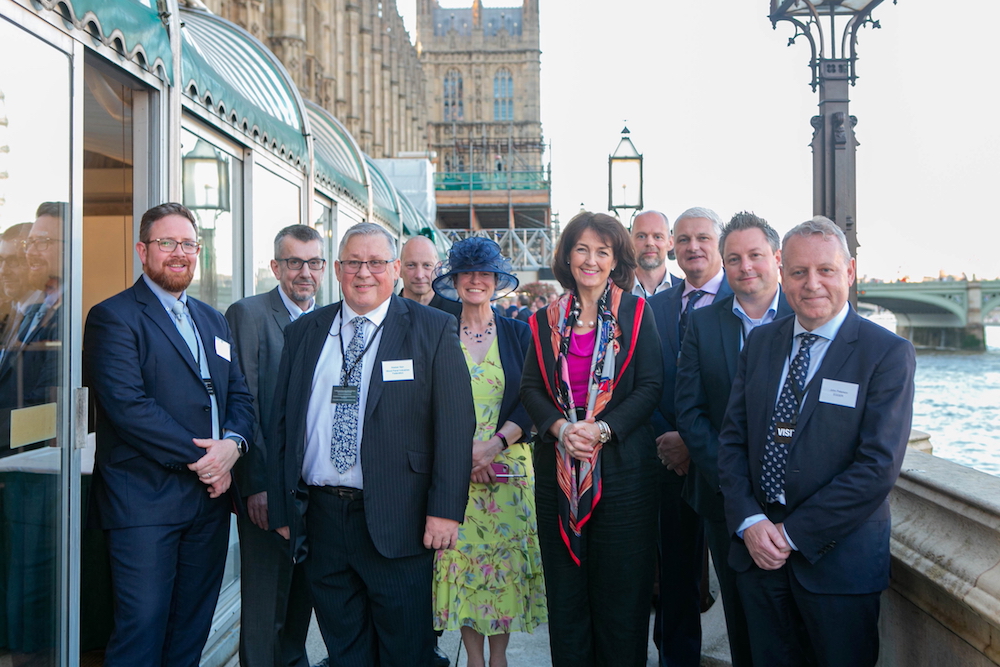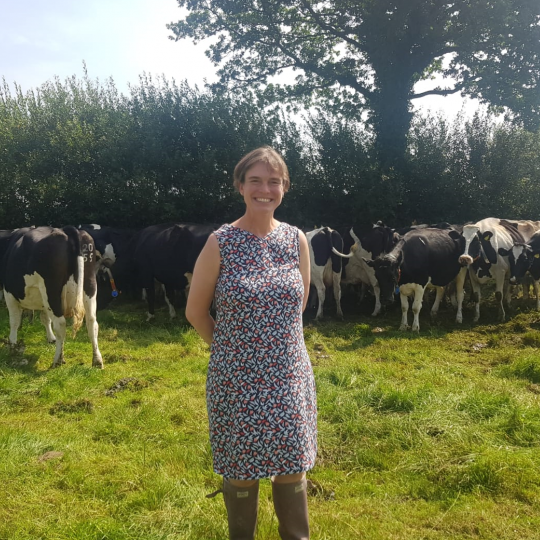The Wood Panel Industry APPG welcomes the publication of the WPIF 2024 Manifesto.
Click here to read the manifesto in full.

To address the key challenges faced by the Wood Panel Industry several key asks across the themes of Raw Material, Energy and Industrial Policy.
Raw Material
𖠰 The impact of the UK’s declining forestry planting and the subsequent static annual forestry basket is clear to see, the UK and devolved governments must meet their forestry planting targets and commit to a target of at least 60% of new planting being productive species. This will afford the wood panel industry a better prospect of surpassing the 65% of demand for wood panel products it currently meets and aiming for the 100% of demand figure it should be capable of.
𖠰 Adopt the Cascade of Wood Hierarchy to prioritise recycling wood and develop ways to extend the life cycle of wood fibre.
Energy
𖠰 No New Tariff-based Incentivisation Schemes for Woody Biomass. It is clear to see that the wood panel industry already operates in a market in which the raw material is scarce, creating an incentivisation scheme for woody biomass would limit yet another source of material the industry relies on, sending it straight for burning before utilising it to its full potential.
𖠰 Seek the exception of Renewable Generated electricity from the Climate Change Levy
Industrial
𖠰 Elevate the UK wood panel industry and the economic and environmental benefits it can bring to the UK economy. By recognising the vast importance wood has to the UK economy both on a national and local level, not only will the UK keep progressing towards meeting its net zero targets through the environmental benefits generated by using wood in construction.
𖠰 Conducive to this, is the need to recognise the importance of wood as a raw material and give it status parity with other critical manufacturing materials.
𖠰 Gain recognition for the wood panel industry as a well-established and successful British industry and as a local employer and explore partnerships to sustain and grow operations with regional and devolved governments. Recognition should be given to the importance of wood panel in British manufacturing and also to the work the wood panel industry does to upskill the current workforce and train the young generation as they enter the workforce.



